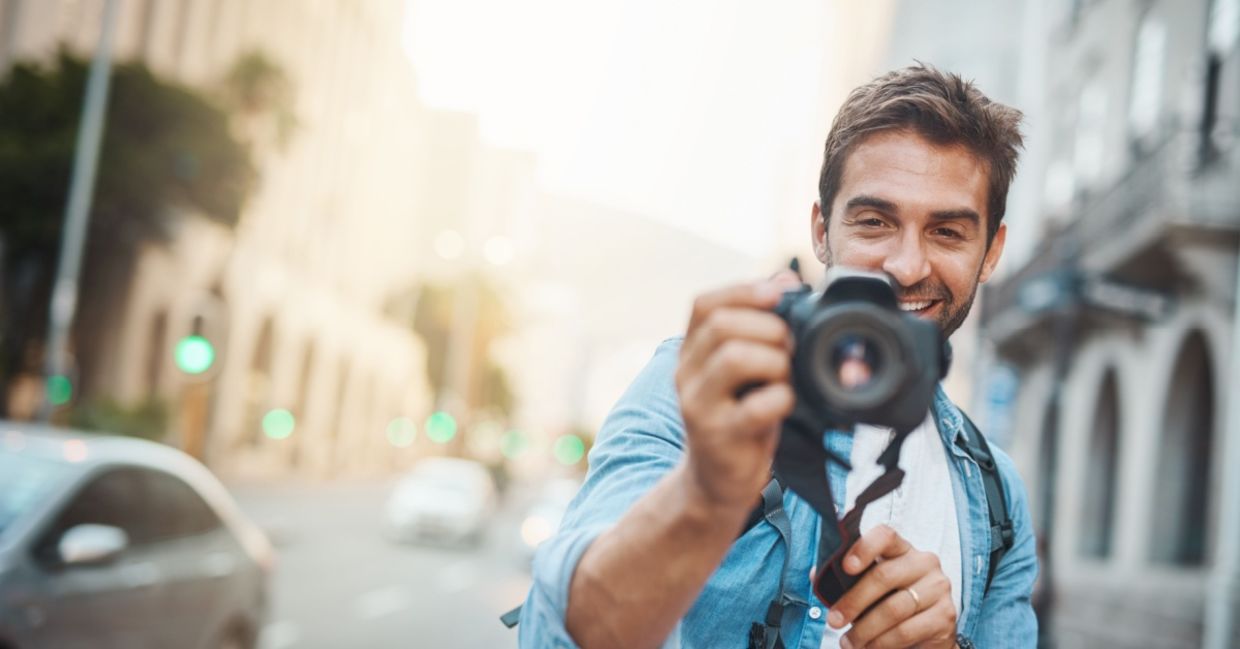
(PeopleImages.com - Yuri A / Shutterstock.com)
Photography is more than an art form; it can also serve as a powerful therapeutic tool. PhotoTherapy and therapeutic photography are gaining recognition for their potential to support emotional processing, self-expression, and mental health, EarthEndeavors reports. While they may sound similar, these approaches have distinct applications that make them uniquely beneficial.
PhotoTherapy for professional counseling
PhotoTherapy refers to the structured use of photographs in a professional counseling setting. Therapists guide clients through interactions with personal images, including family photographs, self-portraits, or even abstract visuals, to explore emotions and experiences. According to a study published by the National Institutes of Health, PhotoTherapy can foster deeper conversations and help individuals uncover underlying feelings and memories that might otherwise be difficult to articulate. The therapeutic process might involve interpreting the symbolic meaning of a photo, discussing how it makes the client feel, or using it to explore relationships. This dynamic encourages a sense of safety, as photographs can act as mediators, allowing clients to confront challenging topics from a more comfortable distance.
Empowerment through creativity
Unlike PhotoTherapy, which requires a trained professional, therapeutic photography is an independent or group activity that anyone can engage in to support mental health. Taking photographs or creating photo-based projects can be empowering and healing. As noted on the PhotoTherapy Centre website, capturing images encourages mindfulness, as it draws individuals into the present moment and helps them focus on their environment .
The act of creating can help people process their emotions and tell their stories. The Mcfade blog highlights how photography can serve as a visual journal, allowing individuals to express feelings they may struggle to articulate in words. Engaging in photography can build confidence and self-awareness, giving individuals a sense of accomplishment as they create something tangible and meaningful.
Whether guided by a therapist or pursued independently, photography is a versatile and accessible way to support wellbeing. It bridges the gap between art and mental health, offering tools for introspection and healing. For those looking to explore their emotions or seek new paths to self-discovery, picking up a camera might be the first step toward a brighter, healthier future.
YOU MIGHT ALSO LIKE:
A Blind Photographer Who Sees the World Through Her Camera
These Photos Capture How a Matriarchy Breeds Self-Confidence
The App That Lets You Lend Your Eyes to the Blind







